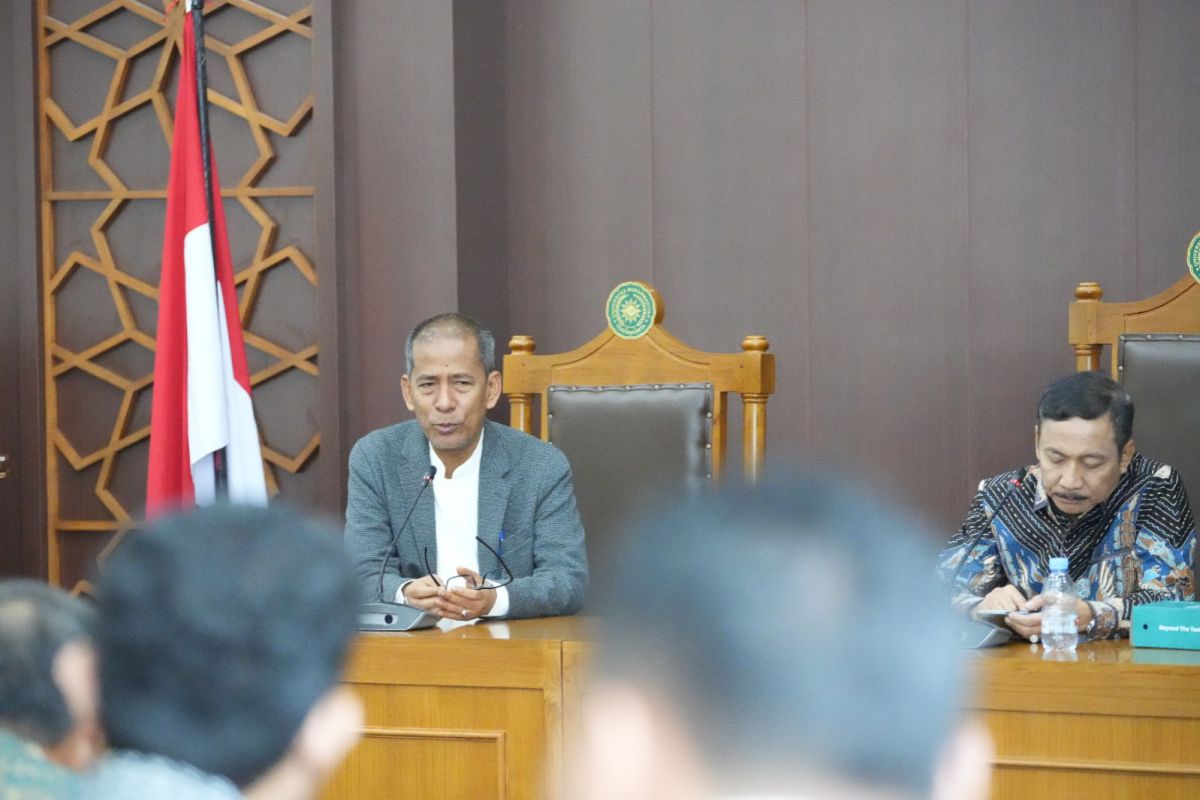Speaking at a constitutional law discussion at Muhammadiyah University of Yogyakarta in Bantul, Saldi said the concept may appear in concrete cases, but it is irrelevant in the court’s abstract norm review cases.
“Assuming a case must go viral to gain justice does not apply to our review of laws and regulations,” he said, citing examples of publicized cases such as Nenek Minah and a teacher in Sulawesi dismissed after asking parents to help fund honorary teachers.
Saldi noted that while concrete cases often align with public opinion, the Constitutional Court’s rulings on norms are guided by law, not online attention.
“I have yet to find evidence of how far public opinion influences judges,” he said, adding that attempts to sway the court are inevitable given its authority.
Related news: 'No viral, no justice' reflects public distrust: DPR Speaker
“The view that the Constitutional Court must not be influenced is too ideal. It is natural for people to try to intervene, given its vast power,” Saldi said.
He further highlighted the importance of appointing judges with strong integrity who can resist political and social pressure, calling the selection process the key to judicial independence.
Comparing Indonesia with the United States, Saldi said US judicial appointments are more politically driven.
He referenced the ethics controversy involving Justice Clarence Thomas and noted the US Supreme Court only created an ethics framework in 2023 without enforcement.
In contrast, Indonesia’s Constitutional Court already has a functioning ethics system, Saldi said, citing the dismissals of Akil Mochtar and Patrialis Akbar for ethical violations as evidence.
“We once dismissed Akil Mochtar and Patrialis Akbar for ethical violations. It shows the system is working,” he said.
Related news: RI parliament forms panel to reform key law enforcement agencies
Translator: Luqman Hakim, Primayanti
Editor: Rahmad Nasution
Copyright © ANTARA 2025












